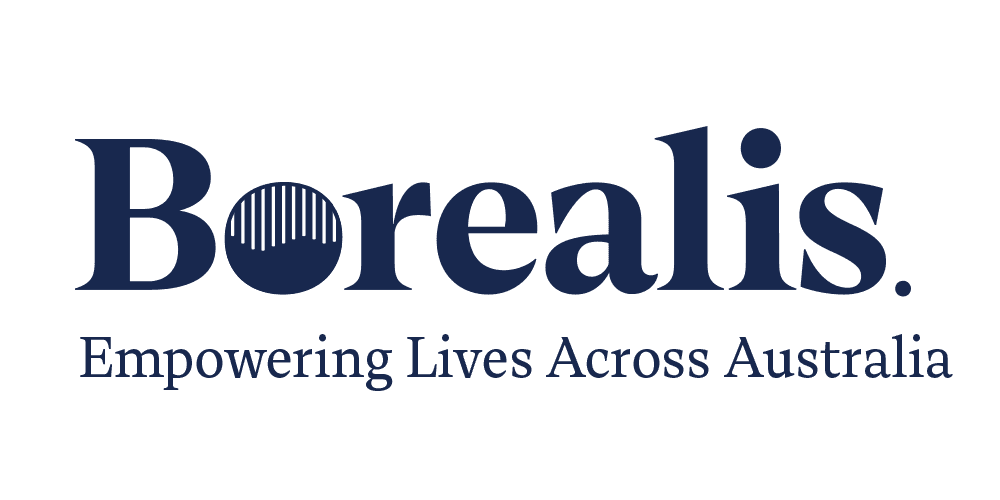Myths and Facts About Disability Care: What You Need to Know
AH
Understanding Disability Care
Disability care is a vital service that supports individuals with disabilities, helping them live fulfilling lives. However, there are many myths surrounding disability care that can lead to misunderstandings and stigmatization. In this blog post, we aim to debunk some of these myths and present the facts you need to know.

Myth 1: People with Disabilities Are Dependent
A common misconception is that people with disabilities are entirely dependent on others for their daily needs. Fact: Many individuals with disabilities lead independent lives with minimal or no assistance. Disability care is about providing support where needed, not creating dependency. Assistive technologies and tailored support plans empower individuals to achieve independence.
Myth 2: Disability Care Is Only for Physical Disabilities
Another myth is that disability care only addresses physical disabilities. Fact: Disability care encompasses a wide range of services catering to both physical and mental health needs. This includes support for intellectual disabilities, autism spectrum disorders, and mental health conditions, ensuring comprehensive care for all aspects of life.

Myth 3: Care Is Only Needed in Old Age
Some believe that disability care is only necessary for elderly individuals. Fact: People of all ages can require disability care, from children with congenital disabilities to young adults with acquired conditions. Early intervention and continuous support are crucial for enhancing quality of life at any age.
The Role of Caregivers
Caregivers play a pivotal role in disability care, providing essential support to individuals and their families. They assist with daily activities, medical needs, and offer emotional support. Recognizing the value of their work is essential in ensuring effective care delivery.

Fact: Caregivers Need Support Too
Caring for someone with a disability can be demanding, both physically and emotionally. It's important to acknowledge that caregivers also need support. Access to respite care, counseling, and community resources can help alleviate stress and prevent burnout, ensuring they can provide the best possible care.
Resources and Support Networks
There are numerous resources available for individuals with disabilities and their families. Support networks, both online and offline, offer a platform for sharing experiences, advice, and encouragement. Connecting with others facing similar challenges can be invaluable in navigating the complexities of disability care.

Conclusion
Dispelling myths about disability care is crucial for fostering an inclusive society where individuals with disabilities are respected and supported. By understanding the facts, we can better advocate for the needs of those we care for and create a more informed community.
Whether you're a caregiver, a family member, or simply someone interested in learning more, it's important to stay informed and challenge misconceptions about disability care. With knowledge and compassion, we can all contribute to an environment that empowers individuals with disabilities to thrive.
